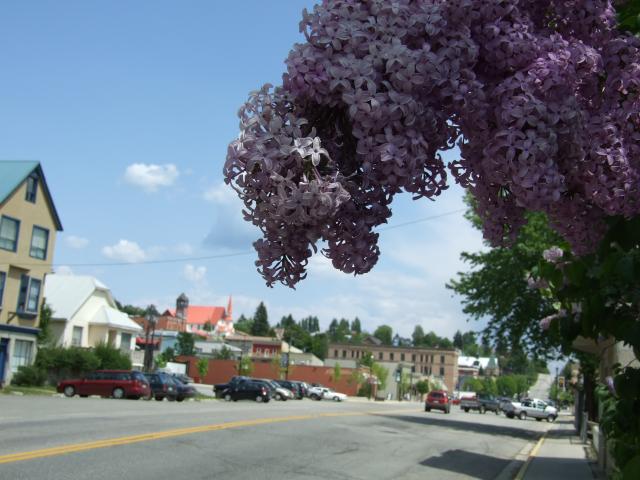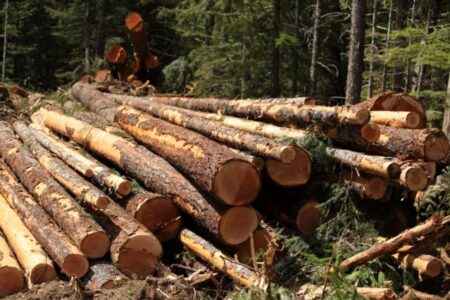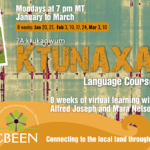EDITORIAL: Is the Boom Bust? A Tale of Two Rosslands
If you find yourself at loose ends one evening this summer, walk downtown and count the empty store fronts. You might need more than the fingers on your two hands, so bring a friend or family member along. After several years the old Bank of Montreal building is still for sale; the old Garage and Gypsy locations are empty; the old barbershop is abandoned, as is the old Delich Jewellers. Empty lots on Columbia have never been developed and Howard Katkov’s Red Mountain Resort has shut down its downtown office and laid off almost all of its staff. The Old Firehall is for sale. The question begs to be asked: is the boom over? Perhaps an even better question is this: was there ever really a boom in the first place?
Some people won’t like this being talked about publicly. They believe there’s a kind of voodoo at work. Keep quiet, they think, and don’t risk jinxing things. But luck has always come and gone in Rossland, and through it all the town has endured.
It’s always seemed to me that there are two Rosslands: a Real Rossland and a Dream Rossland. Real Rossland is a small, fairly humble mountain town, a suburb of Trail, really, that’s endured for over a century. Gold mining came and went and skiing has had its ups and downs (if you’ll pardon the pun), but Real Rossland endures because of the residents’ strong sense of community (please see Andrew Zwicker’s profile on Ronnie Mah this week for a portrait of Real Rossland) and the pleasures we take in the simple things in life.
On the other hand there’s Dream Rossland. Dream Rossland is a seductive place, a ‘mountain adventure lifestyle’ town–a kind of economic hypothesis or hallucination. When Howard Katkov and his American backers bought Red Mountain, the real estate market began to spike upwards as new life appeared to surge a dream as old as Joe Bourgeois’. Of course, nothing really changed: sharp increases in home equity (and property taxes) were driven by speculative fervor, not by any increase in real value. Red’s profits didn’t rise; the amount of money flowing through town didn’t increase much. New businesses were started to accomodate the needs of imagined waves of Dream Rosslanders; many of these businesses are now gone. Others may not last.
As Rossland discusses whether or not to increase its Development Cost Charges to bring them in line with the economic realities of infrastructure, we find ourselves back in 2002 or 1994 or 1982. We do not hold the cards we’d hoped we did. If we raise DCC rates, we risk ‘scaring’ off investors. If we don’t raise them we risk not being able to afford to maintain or expand our city services. Twas always thus here.
Rossland has never had a strong economic base. Most people who live here work in Trail or Castlegar. Is this a bad thing? There’s a real question at the heart of all this: what is Rossland, really? Where does Rossland need to go? Or does it need to go anywhere? Judging by the news recently, and by Howard Katkov’s own admission in these very pages, a global economic recovery is nowhere in sight. The days of big money rolling into town to fund ‘development’ may be gone for a decade or gone forever. Is this a bad thing? What if Rossland stays just as it is and doesn’t grow any more? Would this be bad–or would this be the best thing imaginable? Red started as a community ski hill. Would it be the end of the world if it ended up a community ski hill again one day?
Dream Rossland has never come true and may never come true. And yet we’ve somehow lived here in poor old Real Rossland and raised our families and been, by and large, happy.
A radical idea: perhaps we don’t need a dream. Perhaps Real Rossland is already a dream come true.

























